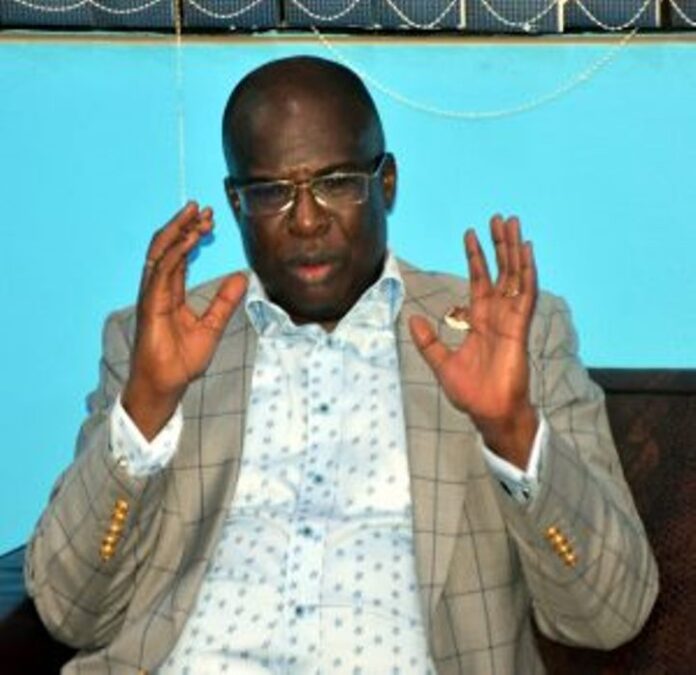The Minister of State for Petroleum Resources, Chief Timipre Sylva, says that the country must deregulate the downstream oil and gas sector to help boost the nation’s economy
Sylva said: “I will say that my stand on fuel subsidy and deregulation is well known. I strongly believe that for this country to move forward, for our economy to make the progress it desires, we need to have a market-driven pricing of products.
“A situation where you produce something at a certain cost and you have to sell it at a lower cost to people because you are taking some of that burden off the people is not the best.
“ It is a very desirable thing but it is also not too sustainable because, what happens is that you have N10 today, you produce it for N10, you sell it for N5, Tomorrow, you produce it at N10, you add N5 from somewhere, produce it again at N10 and sell it for another N5.
“So, the loss increase and compound on a daily basis and those accumulated losses has brought us to where we are,’’ he said.
According to him, people’s view that if the refineries are working, importation of product will stop is not the real issue on ground
He said that subsidy was part of the things that made the refineries to stop operating in the country.
“Part of the reasons why the refineries were not working is subsidy because a refinery that is producing something at a certain cost and selling at a loss, how can it sustain itself.
“ Over the years, the refineries couldn’t sustain itself and all of them died. So, if you do not deregulate, you will find out that even the refineries, if you fix them today, they cannot be commercially operated because the refineries need maintenance and they need to run.
“ If you are producing something and they are selling at a certain subsidized price, it cannot work that is why you see that the sector is not growing at all,’’ Sylva noted.
The minister added that Dangote Group sited its refinery near the sea to aid exports, and to enable it make more money for sustainability.
. “If he sells within Nigeria, in this subsidised environment, he will not break even. So, that is the way it is and we must look at it because, I know that a lot of Nigerians think that we must carry on like this, but in the end, I think it is better for us to deregulate,” he said .
He further noted that it was unfortunate that when you talk about subsidy, the common man on the street begins to fight government, but the subsidy never favoured them.
“It is actually in the interest of the common Nigerian to ensure that some people do not just profiteer on them, which is happening.
`You must have heard of all the subsidy scams few years ago, people were making billions on these same subsidy.
“ And when you say you want to take it out, the common man is the one on the street, but at the end of the day is it the common man that is benefiting? I don’t think they are the biggest beneficiaries,’’ he said.
He explained that all the fuel that were connected to the common man have been deregulated.
“ Kerosene which the common man use to cook in a stove and used in the village to burn the fire wood is deregulated. The diesel that is used to move the trucks that move food from farm to market is deregulated; but petrol which is the preferred fuel for big people is the fuel that have defied deregulation.
“But at the end of the day, I believe that it is better for us because if we are able to deregulate, then we can save money. First, you can imagine the savings we will make as far as foreign exchange (FOREX) is concerned, and of cause, it will bring down the pressure on FOREX.
“People will be able to access foreign exchange and import, government will not be the one providing foreign exchange for the Importation,” the minister noted.
According to him, since the government will no longer be subsidising, all that money that will be gained, which is over a trillion naira yearly, instead of being burnt in our cars will now be used for development.
“You can imagine how much money the federal and state government will have at their disposal if there is deregulation, ‘’ he said.




